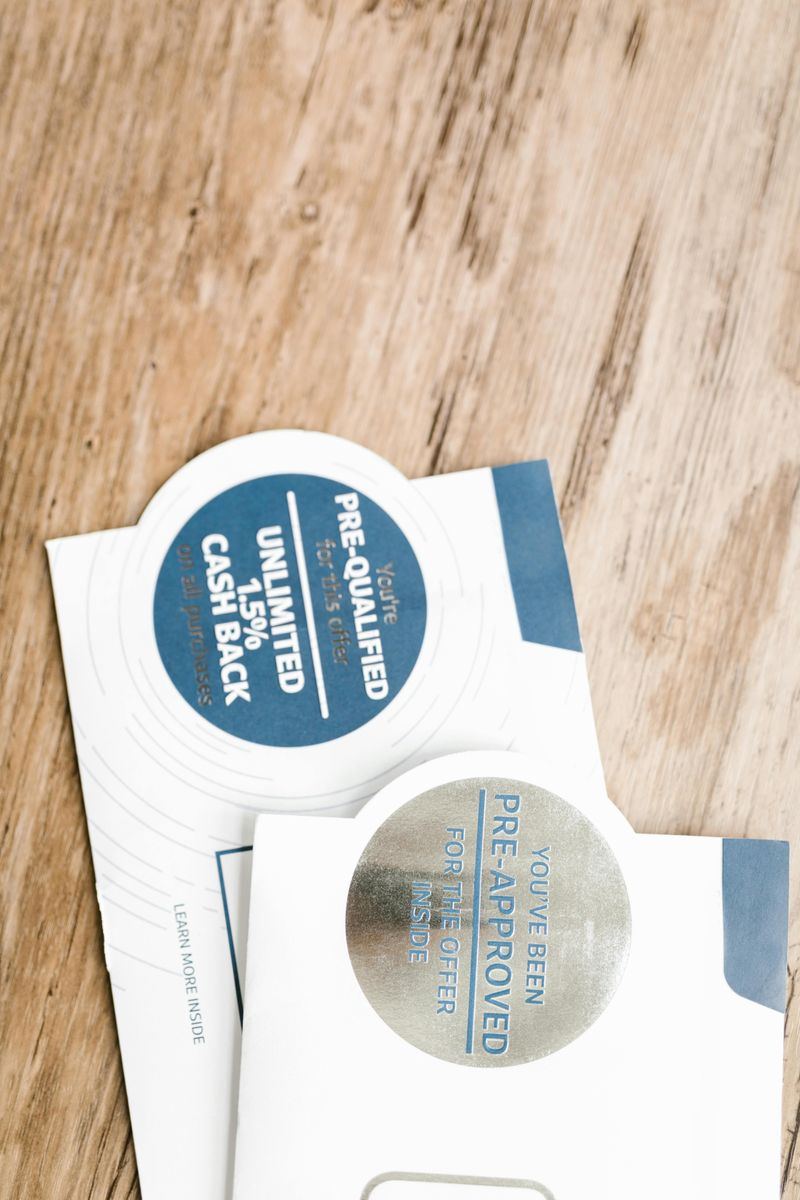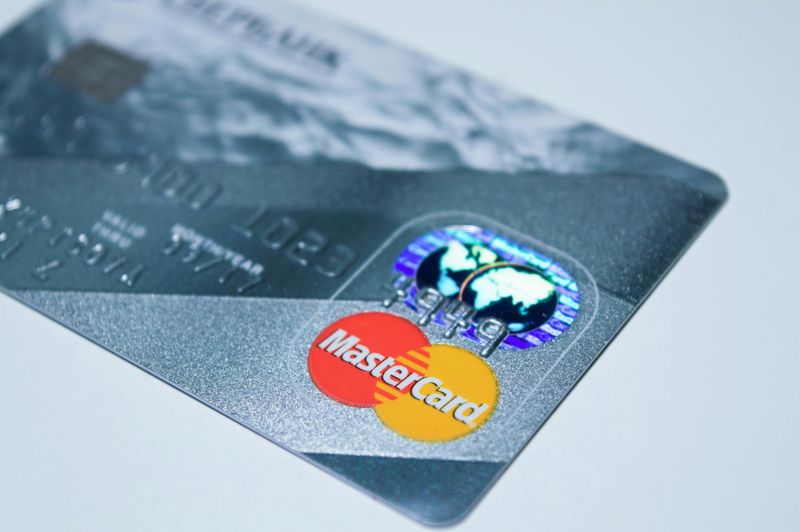10 Little Lies You Tell Yourself That Keep You Broke

We all want to believe we’re smarter with money than we actually are. But sometimes, it’s not bad luck or a low paycheck that keeps us broke — it’s the little lies we tell ourselves every day. They sound harmless in the moment, even reasonable, but over time they chip away at your financial stability like termites in your budget.
The worst part? These lies are sneaky. They don’t scream “financial sabotage.” Instead, they whisper things like “you deserve it” or “you’ll start next month.” Before you know it, you’re wondering where all your money went — again.
1. “I’ll start saving when I make more money.”

Waiting for a higher salary to start saving is a trap many fall into. The truth is, you’ll likely never feel like you make “enough” to justify putting money aside. It’s not about the amount but the habit itself that creates financial security.
Starting small with consistent savings, even just a few dollars a week, can grow substantially over time. This habit builds a foundation that prepares you for unexpected expenses or future opportunities. Delaying savings until your income increases often leads to missed chances.
Think of saving as a commitment to your future self. By prioritizing savings now, you take control of your financial destiny, regardless of your current income level. It’s the habit that counts, not the amount you stash away.
2. “It’s just five bucks.”

The seemingly harmless $5 expenditure is more deceptive than it appears. When multiplied by daily habits, those small purchases quickly snowball into significant sums. It’s not the occasional splurge that drains your wallet, but the regularity of these expenses.
Imagine skipping that daily coffee to save $5 each day — after a month, you’d have an extra $150. Over a year, that’s enough for a short vacation or a new gadget. By acknowledging the cumulative effect, you become more mindful of where your money goes.
Instead of dismissing small costs, track them to better understand your spending habits. This insight helps you make more intentional decisions and fosters financial discipline. You’ll find that those little expenses aren’t so little after all.
3. “I deserve this.”

Treating yourself is an appealing notion, especially after a hard day’s work. However, constant indulgence can derail even the best financial plans. In the name of “deserving,” budgets are often pushed aside for instant gratification.
While rewarding yourself is essential to a balanced life, it’s crucial to distinguish between occasional treats and habitual overspending. Consider the long-term impact of frequent splurges on your financial goals. Regular indulgence often leads to regret when those purchases prevent you from achieving bigger dreams.
By setting boundaries and prioritizing experiences over things, you can still enjoy life’s pleasures without compromising your future. Reward yourself wisely, ensuring that today’s desires don’t overshadow tomorrow’s needs.
4. “I’ll pay it off next month.”

Credit cards are a double-edged sword, offering convenience but also the potential for crippling debt. The intention to pay off balances “next month” often becomes a recurring theme, leading to mounting interest and growing financial strain.
Interest rates compound quickly, turning a minor purchase into a long-term burden. This cycle of debt can become overwhelming, affecting your credit score and increasing stress. The longer you defer paying off the balance, the heavier the financial weight becomes.
Avoid the temptation to delay payments. Prioritize reducing your credit card debt by paying more than the minimum each month. This proactive approach safeguards your finances and brings peace of mind, allowing you to enjoy the benefits of credit without the pitfalls.
5. “Everyone has debt.”

The belief that debt is a universal norm can be misleading and detrimental. While many people carry some form of debt, normalizing it makes it harder to break free from its grasp. Accepting debt as a standard part of life can trap you financially.
Recognizing debt as a barrier rather than an inevitability helps shift your mindset toward financial freedom. Focus on creating a realistic plan to reduce or eliminate debt. This proactive stance enables you to regain control and prevents debt from dictating your financial story.
Challenge the narrative that debt is unavoidable. By prioritizing debt reduction and mindful spending, you set yourself on a path to financial independence. Shed the belief that debt is a necessity and embrace the possibility of a debt-free life.
6. “I don’t need a budget — I know what I’m spending.”

Thinking you have a handle on your spending without a budget often leads to surprises. Many expenses go unnoticed until they accumulate, revealing wasteful habits. Without tracking, it’s easy to underestimate your financial outflow.
Creating a budget provides clarity and control over your finances. It highlights areas where you can cut back, allowing you to allocate more towards savings and goals. A budget isn’t restrictive; it’s empowering, offering a blueprint for financial success.
Embrace budgeting as a tool for awareness and growth. It’s not just about limiting spending but understanding where your money goes. This insight enables you to make informed decisions and adjust your habits, paving the way for financial stability.
7. “I’ll deal with retirement later.”

Retirement might seem distant, but postponing planning can cost you dearly. The earlier you start investing, the more time your money has to grow through compound interest. Delaying retirement savings often results in missed opportunities.
Procrastination in retirement planning can lead to financial insecurity in your later years. Even small, regular contributions can accumulate into a substantial nest egg. The key is starting now, regardless of your current age or income.
Imagine the freedom and security that comes with a well-funded retirement. By prioritizing your future today, you ensure a comfortable lifestyle later. Don’t let the illusion of endless time rob you of future peace and prosperity.
8. “I can’t afford to save.”

Believing you can’t afford to save often stems from the misconception that savings must be substantial. In reality, even small amounts add up over time, building a safety net that shields you from unexpected financial storms.
Prioritizing savings, no matter how minimal, fosters financial security. Developing this habit early on prevents future financial disasters and prepares you for opportunities. Skipping savings due to perceived lack of funds can leave you vulnerable.
Transform your mindset to see saving as an essential expense. By consistently setting aside a portion of your income, you cultivate resilience and adaptability in your financial life. Remember, every dollar saved is a step towards freedom and stability.
9. “I’ll make up for it next paycheck.”

Relying on the next paycheck to correct overspending can trap you in a cycle of financial instability. This mindset often leads to living paycheck-to-paycheck, with little room for emergencies or savings.
Breaking free requires reevaluating your spending habits and setting realistic budgets. Prioritize essential expenses and savings, avoiding dependency on future income to balance the present. This proactive approach promotes financial resilience and planning.
Financial freedom lies in changing your perspective and habits. By recognizing the pitfalls of this mentality, you can take control, ensuring each paycheck contributes to your goals rather than merely catching up.
10. “Money isn’t everything.”

While money isn’t the sole source of happiness, financial stability provides freedom and reduces stress. Dismissing its importance can hinder your ability to make choices and enjoy life’s pleasures without worry.
Embracing financial health enhances your quality of life, granting you the liberty to pursue passions and help others. It’s not about valuing money over all else but recognizing its role in achieving a balanced, fulfilling life.
Financial security allows you to focus on what truly matters, from relationships to personal growth. By acknowledging the importance of financial stability, you open doors to opportunities and a richer, more enjoyable existence.

Comments
Loading…